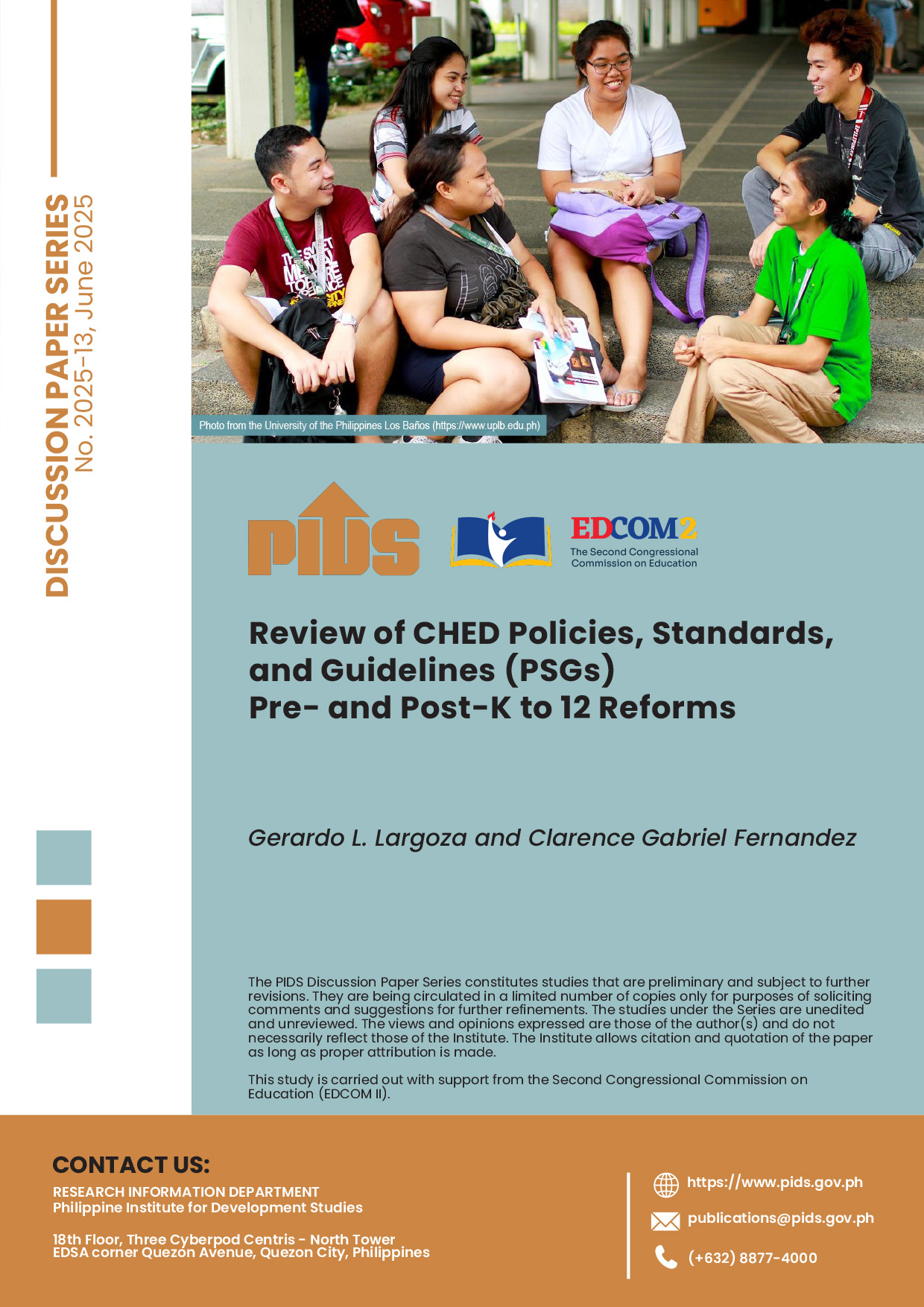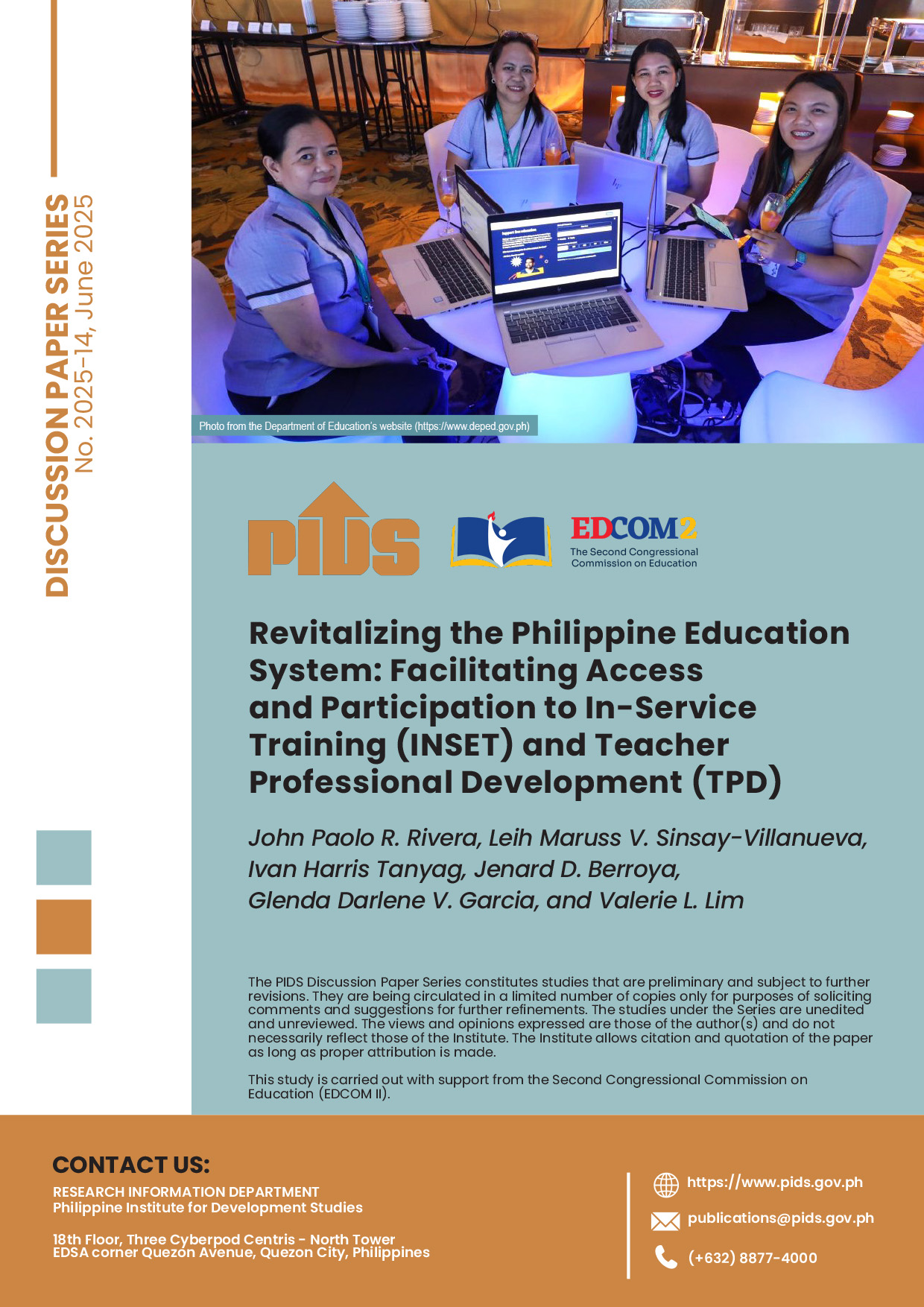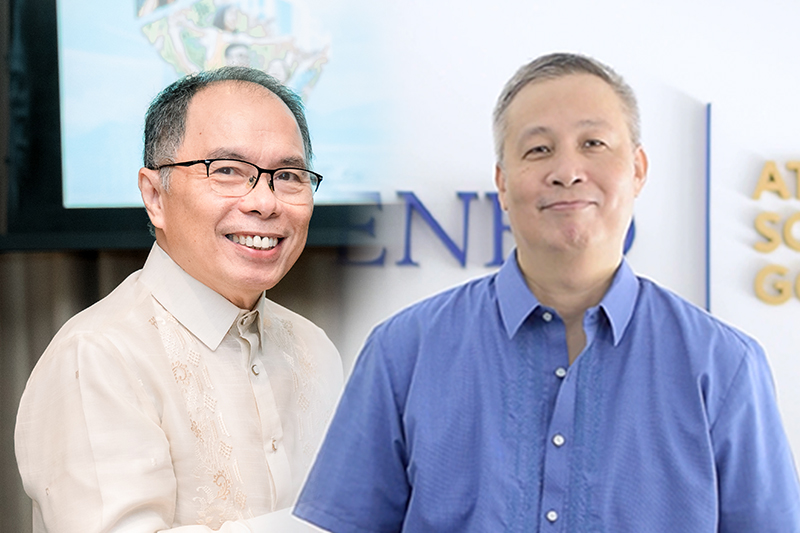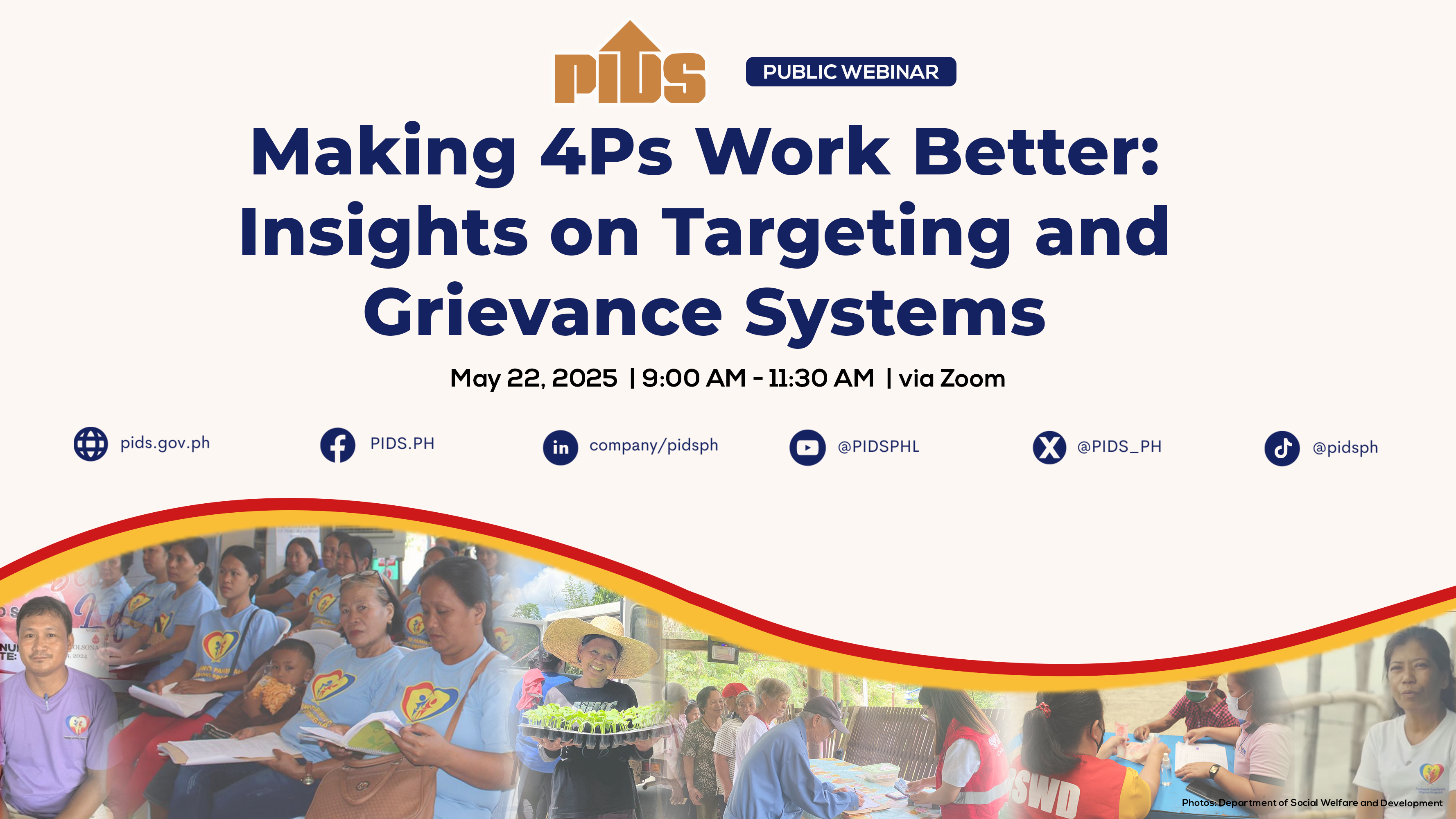WITH the hope of increasing investments in the country, the National Economic and Development Authority (Neda) will be meeting with several executives of US-based firms in New York over the weekend.
Economic Planning Secretary Arsenio M. Balisacan recently told reporters that his meeting with the business community will be held on the sidelines of the United Nations General Assembly this weekend.
"I will be helping the DTI [Department of Trade and Industry] secretary in selling the country [and] I think they [US businessmen] are very much interested in talking with policy-makers,” Balisacan said.
Balisacan also said that he will be meeting the leaders of these US firms and discuss the country’s manufacturing industry, infrastructure and overall business environment, which could guide them in investing in the country.
These efforts would augur well with the Industry Roadmap crafted by the DTI and the Philippine Institute for Development Studies (PIDS).
Phase one of the road map, which will be implemented between 2014 and 2017, aims for a globally competitive industries in automotive, aerospace parts electronics, garments, food, resource-based industries, chemicals, furniture, tool and die, and shipbuilding.
Phase two of the road map, to be undertaken in 2018 until 2021, aims to drive the local manufacturing industry to produce high-tech transport equipment, chemicals and electrical machinery.
It is also envisioned that during this time, the government will create manufacturing hubs in regional and global production networks for auto, electronics, machinery, garments and food industries.
The last and third phase of the road map, between 2022 and 2025, aims to promote high value-added activities through upstream industries, such as chemicals, iron and steel, as well as med-tech basic and fabricated metal sectors.
"Structural change through [the] revival of manufacturing is essential for job creation, poverty reduction and sustained development,” Trade Assistant Secretary Rafaelita M. Aldaba said in a recent presentation.
The country has not been doing well in terms of both foreign and local investments in the first semester of 2015.
The data from the Philippine Statistics Authority showed that approved investment pledges of Filipino and foreign nationals contracted 48.9 percent in the January-to-June period.
The country’s total approved investments reached P186.44 billion in the January-to-June period in 2015, from P365.16 billion in the same period in 2014.
The country’s primary investment promotion agencies, the Board of Investments (BOI) and the Philippine Economic Zone Authority both suffered lower investment pledges in the first six months of the year.
Investments approved by the BOI, which accounted for 49.4 percent of the total, or 92.02 billion. It posted a decline of 38.4 percent from P149.45 billion in 2014.
Those approved by PEZA, which accounted for 42.3 percent or P78.88 billion in the first semester of 2015. It posted a decline of 26.3 percent from P106.98 billion in the same period of 2014.//
Neda and DTI embark on PHL investment push with US traders












